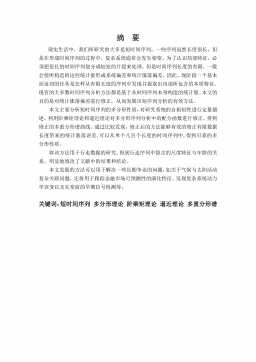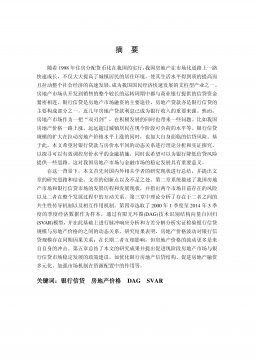“营改增”税制改革对电信行业的影响研究
摘要“十二五”规划明确:“扩大增值税征收范围,相应调整营业税等税收,合理调整消费税范围和税率结构,完善有利于产业结构升级和服务业发展的税收政策”。营业税改征增值税是推动经济结构调整、促进发展转型的一项重大改革也是结构性减税的重要内容。电信行业,这一第三产业中的重要支撑型行业,纳入“营改增”税制改革一直以来备受行业内外关注。本文在分析总结我国电信行业现行营业税征收存在弊端的基础上,提出对电信行业实施“营改增”。在改革之际,有必要对电信行业增值税制度的设计问题,包括税率的设置、进项税抵扣项的确定等问题进行深入的研究。本文内容主要分为三部分。首先在综述梳理国内外增值税制度设计相关理论文献的基础上,结...
相关推荐
-
10KV电网D-SCADA 系统信息采集与故障诊断研究与设计VIP免费
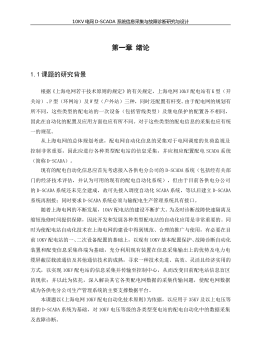
 2024-10-14 26
2024-10-14 26 -
方形吸顶散流器平送风等温射流特性研究VIP免费
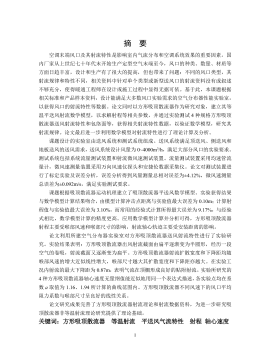
 2025-01-09 7
2025-01-09 7 -
关于充液声导波传感器中频散兰姆波的研究VIP免费
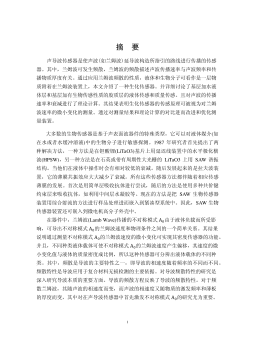
 2025-01-09 10
2025-01-09 10 -
结合梁斜拉桥施工过程中考虑剪力滞影响的分析方法VIP免费

 2025-01-09 6
2025-01-09 6 -
空调房间热舒适性的数值模拟与实验研究VIP免费
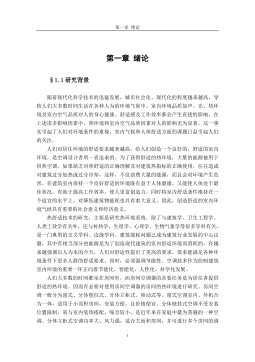
 2025-01-09 7
2025-01-09 7 -
汽车前轮线控转向系统研究VIP免费
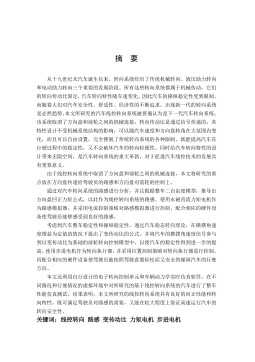
 2025-01-09 8
2025-01-09 8 -
输入分配型混合动力车辆动力系统控制策略研究VIP免费
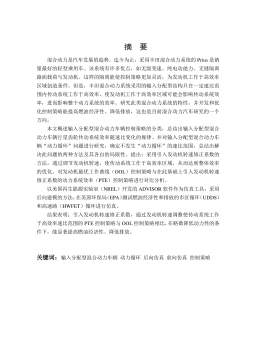
 2025-01-09 7
2025-01-09 7 -
双馈风力发电系统的柔性并网控制研VIP免费
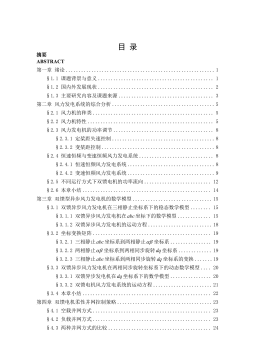
 2025-01-09 10
2025-01-09 10 -
污水处理厂污泥好氧堆肥发酵技术的试验研究VIP免费
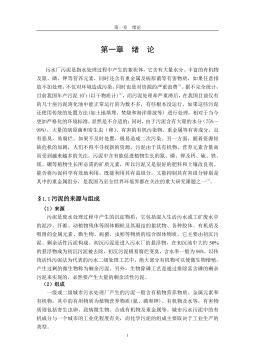
 2025-01-09 7
2025-01-09 7 -
应用风室试验装置的风机性能VIP免费
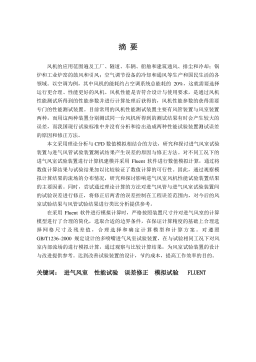
 2025-01-09 8
2025-01-09 8
相关内容
-

汽车前轮线控转向系统研究
分类:高等教育资料
时间:2025-01-09
标签:无
格式:PDF
价格:15 积分
-

输入分配型混合动力车辆动力系统控制策略研究
分类:高等教育资料
时间:2025-01-09
标签:无
格式:PDF
价格:15 积分
-

双馈风力发电系统的柔性并网控制研
分类:高等教育资料
时间:2025-01-09
标签:无
格式:PDF
价格:15 积分
-

污水处理厂污泥好氧堆肥发酵技术的试验研究
分类:高等教育资料
时间:2025-01-09
标签:无
格式:PDF
价格:15 积分
-

应用风室试验装置的风机性能
分类:高等教育资料
时间:2025-01-09
标签:无
格式:PDF
价格:15 积分


